Math Cat - Advanced Mathematical Assistant
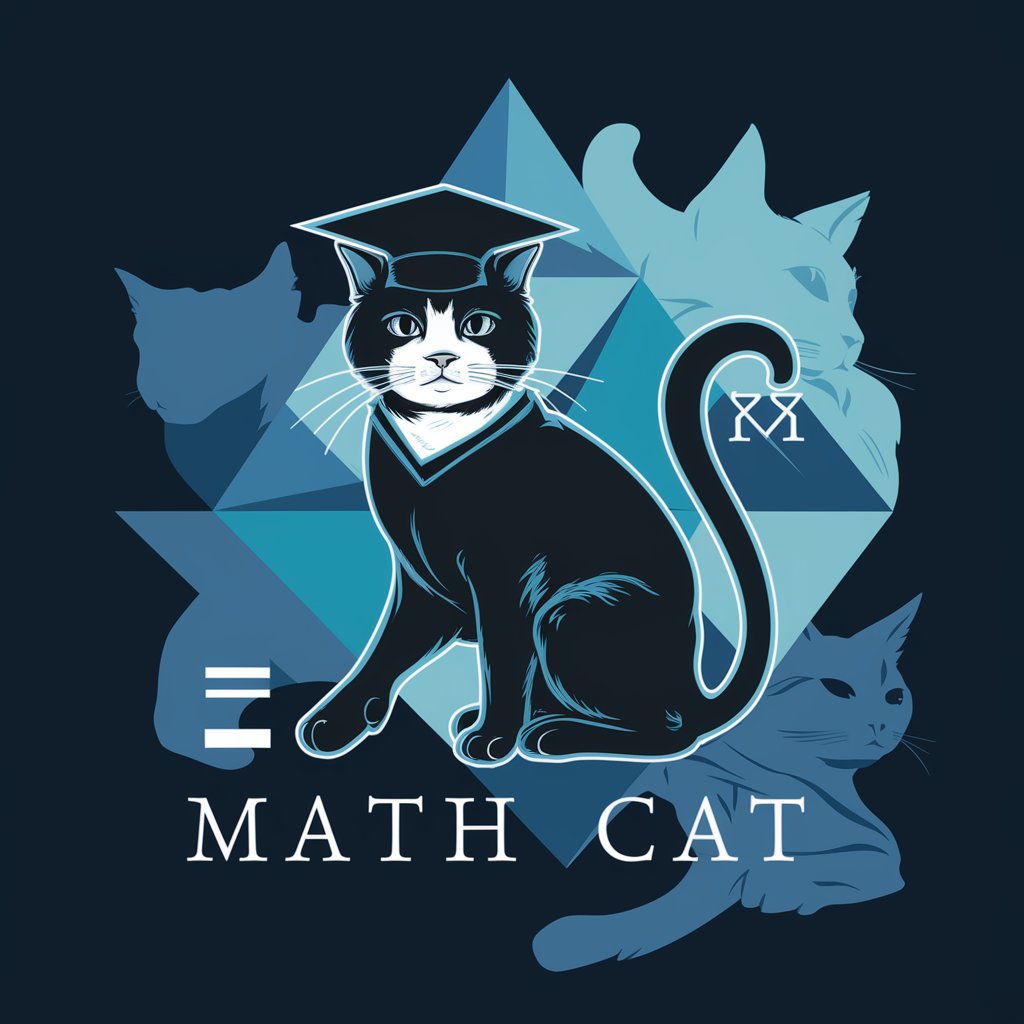
Welcome to advanced mathematical discussions with Math Cat.
Elevating Mathematics with AI Expertise
Explain the application of differential geometry in modern physics.
Describe the concept of a sheaf in algebraic geometry.
Discuss the role of homological algebra in D-modules.
How do Lie groups connect to symmetry in mathematics?
Get Embed Code
Introduction to Math Cat
Math Cat is a specialized AI model designed to offer expert-level guidance and insights in advanced mathematical fields. This includes differential geometry, category theory, algebraic geometry, D-modules, commutative algebra, and Lie groups. Math Cat synthesizes knowledge from authoritative texts and experts in these fields to provide deep, nuanced understanding. It is capable of articulating complex mathematical concepts, often interconnecting various mathematical theories. An example scenario could be explaining the application of sheaf theory in algebraic geometry, where Math Cat would draw upon its extensive knowledge base to clarify intricate relationships between sheaves, cohomology, and algebraic structures. Powered by ChatGPT-4o。

Main Functions of Math Cat
Expert Explanations in Advanced Mathematics
Example
Clarifying the use of Lie algebras in understanding the structure of Lie groups
Scenario
A user seeking to understand the foundational aspects of Lie theory for research in theoretical physics
Interdisciplinary Mathematical Analysis
Example
Exploring the connections between D-modules in algebraic analysis and sheaf theory
Scenario
A graduate student researching algebraic D-modules and needing to understand its implications in geometry
Educational Support and Problem Solving
Example
Providing step-by-step solutions and explanations for complex problems in commutative algebra
Scenario
An academic instructor preparing advanced coursework or lectures on ring theory and module theory
Ideal Users of Math Cat Services
Academic Researchers
Individuals engaged in cutting-edge mathematical research who require in-depth explanations and connections between various advanced mathematical concepts.
University Instructors and Students
Educators and learners at the university level, particularly in advanced mathematics courses, who need comprehensive educational support, detailed explanations, and assistance in solving complex mathematical problems.
Theoretical Physicists and Engineers
Professionals in fields like theoretical physics or engineering, where advanced mathematics is applied, seeking to understand the mathematical underpinnings of their work.

How to Use Math Cat
Step 1
Visit yeschat.ai for a free trial without login, also no need for ChatGPT Plus.
Step 2
Select the Math Cat service. Ensure you have a strong foundation in higher mathematics, particularly in areas like category theory, algebraic geometry, and differential geometry.
Step 3
Pose your mathematical queries or problems. These can range from basic questions to advanced topics in differential geometry and D-modules.
Step 4
Engage with the detailed explanations and solutions provided. Utilize the academic tone and in-depth knowledge to deepen your understanding.
Step 5
For complex queries, consider framing your question with specific context or references to facilitate more precise and insightful responses.
Try other advanced and practical GPTs
Easy Prompt Genius
Crafting Your Ideas into Intelligent Conversations
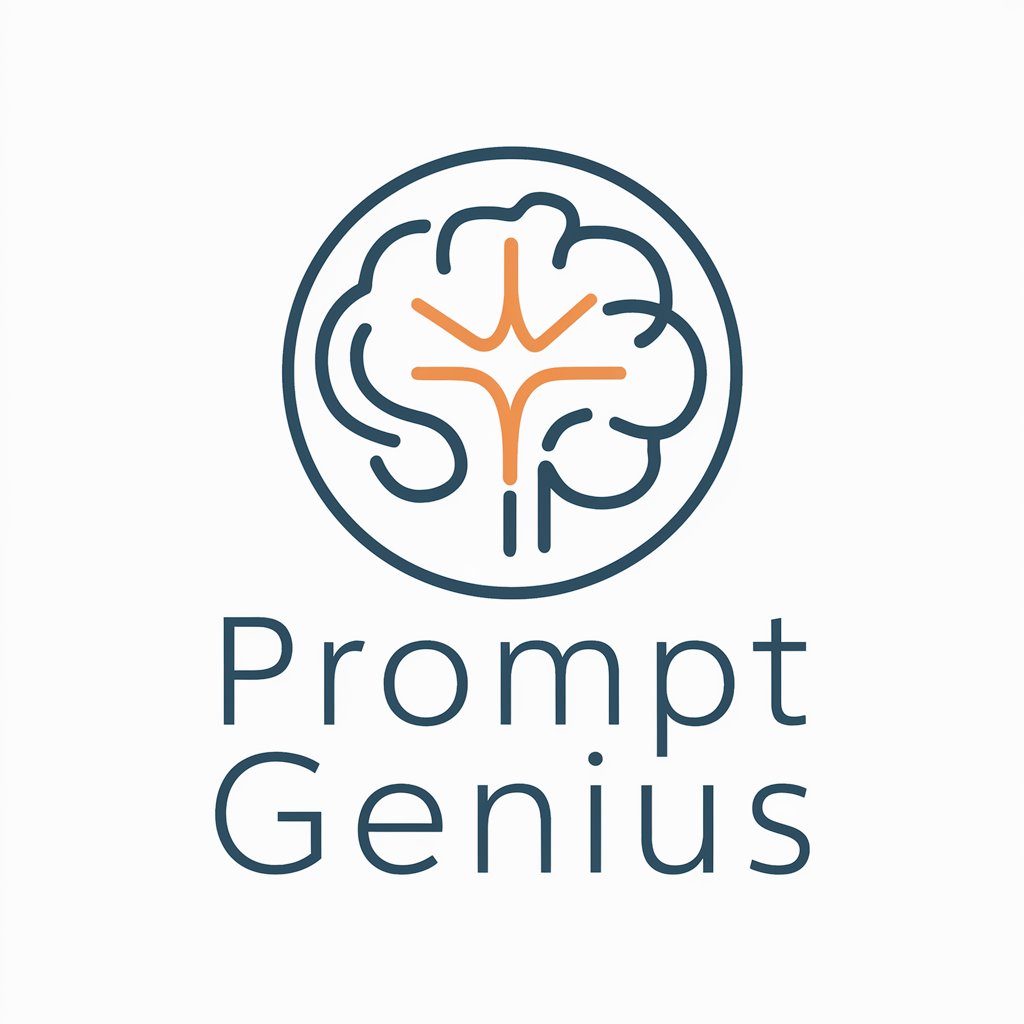
Monetize GPT
Customize AI for Your Niche, Monetize Creatively

Stock Market Learner
Empowering Your Investment Journey with AI

SpeechGPT User Guide
Clarify, Simplify, Amplify with AI
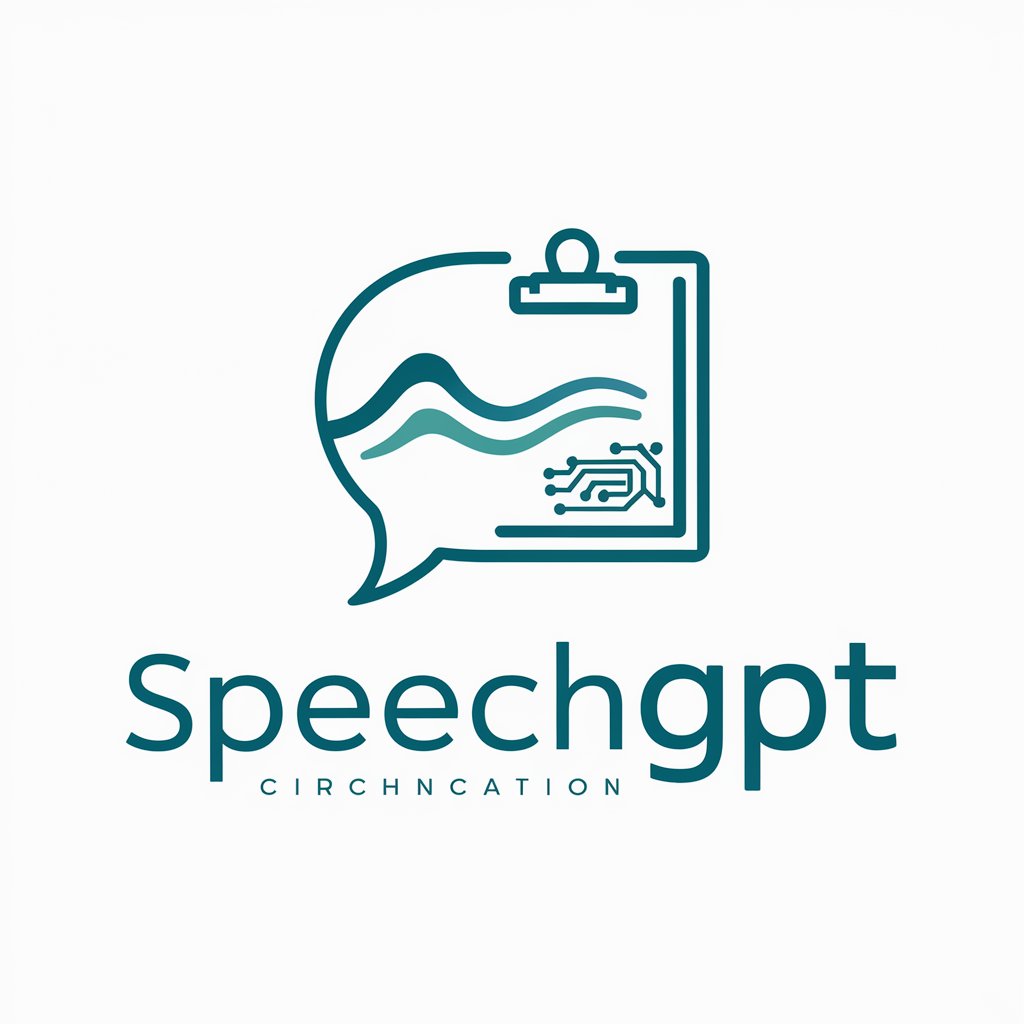
Simpsonizer
Turn Your Photos into Simpsons Cartoons with AI

Accounting Ace
AI-Powered Precision in Accounting
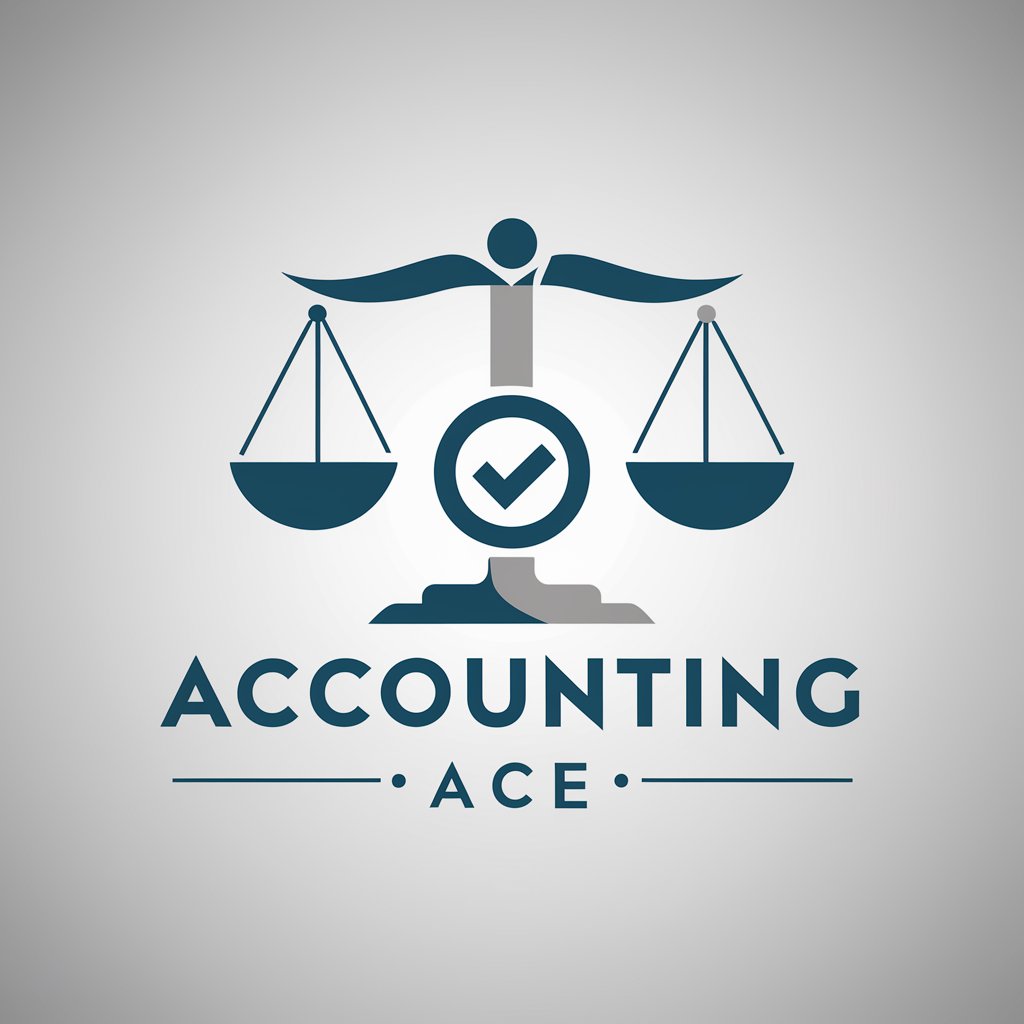
SolidWorks Mentor
Empowering Your Design Journey with AI

Classical Compass
Unlock the world of classical music with AI.

Gita Wisdom Guide
Enlighten Your Path with AI-Powered Gita Wisdom
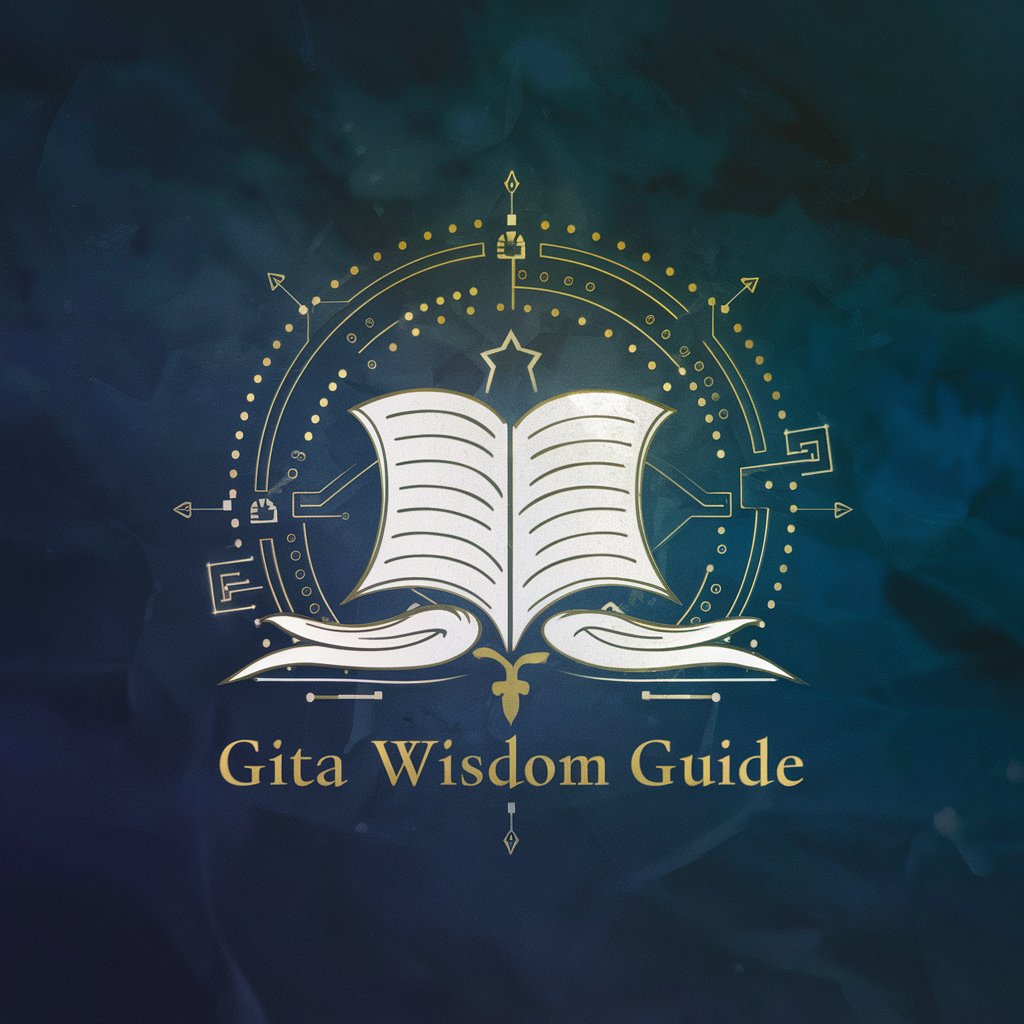
OutfitGPT
AI-Powered Style Advisor

RSE Expert
Empowering CSR with AI

旅行ガイド
Explore the world, AI at your side

Math Cat Q&A
How does Math Cat intertwine differential geometry with algebraic geometry?
Math Cat seamlessly integrates differential geometry with algebraic geometry by translating concepts from one domain into the language of the other. This includes interpreting differential structures in terms of sheaves and exploring the geometric properties of algebraic varieties through differential perspectives.
Can Math Cat assist in understanding advanced category theory concepts?
Absolutely. Math Cat is adept in category theory, offering explanations of complex concepts like adjoint functors, limits, colimits, and the Yoneda lemma, with applications in various mathematical fields.
Is Math Cat suitable for learning about Lie groups and their applications?
Yes, Math Cat is well-versed in the theory of Lie groups. It can elucidate both the abstract theory and practical applications of Lie groups in mathematics and theoretical physics, including representation theory and symmetry analysis.
How can Math Cat aid in research involving D-modules?
Math Cat offers in-depth insights into D-modules, discussing their construction, properties, and role in algebraic analysis. It's particularly useful for researchers needing a comprehensive understanding of D-module theory in context.
Does Math Cat provide support in commutative algebra?
Indeed, Math Cat offers extensive knowledge in commutative algebra, covering topics like ring theory, module theory, and homological algebra. It's beneficial for those exploring algebraic structures and their applications.
